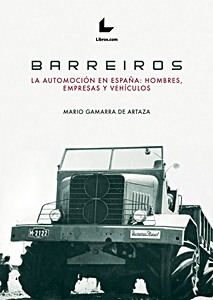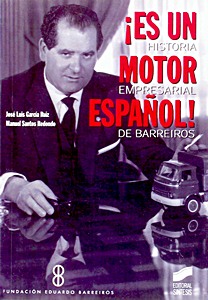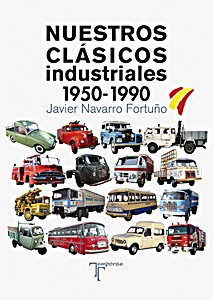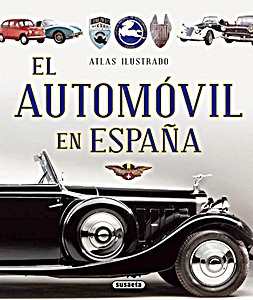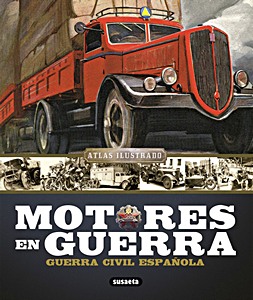Eduardo Barreiros and the Recovery of Spain
Born in an impoverished region of Galicia, possessed of little education and less money, Eduardo Barreiros (1919-1992) rose to become an immensely successful entrepreneur and one of Spain's most prominent industrialists.
In this engaging biography, the first on a Spanish entrepreneur in English, Hugh Thomas recounts Barreiros's origins as an auto mechanic, his success in the motor industry, his tragic alliance with the Chrysler Corporation, and his little-known role as a motor industry founder in 1980s Cuba.
Drawing on an unrivaled knowledge of Spanish history, Lord Thomas also brings to light Barreiros's critical role in the modernization of the Spanish economy in the post-Civil War years.
The book offers a detailed portrait of Don Eduardo's personality, character, and numerous entrepreneurial endeavors, as well as a full account of the difficulties the Franco-era government threw in the path of his capitalist activities.
The relationship between Barreiros and the Chrysler Corporation is also described, along with the failed Dodge Dart project that ultimately cost Barreiros his business.
Finally, the book recounts Don Eduardo's late-in-life efforts to help establish a motor industry in Castro's Cuba - a paradoxical conclusion for a great capitalist.
Product details
| Author: | Hugh Thomas |
|---|---|
| Details: | 448 pages, 9.25 x 6.1 x 1.38 in (23.5 x 15.5 x 3.5 cm), hardback |
| Illustrations: | illustrated |
| Publisher: | Yale University Press (USA, 2018) |
| ISBN: | 9780300121094 |

Eduardo Barreiros and the Recovery of Spain
Language: English
Available on Amazon - safe payment and fast delivery
Buy on Amazon.comBuy on Amazon UK
Buy on Amazon CA

